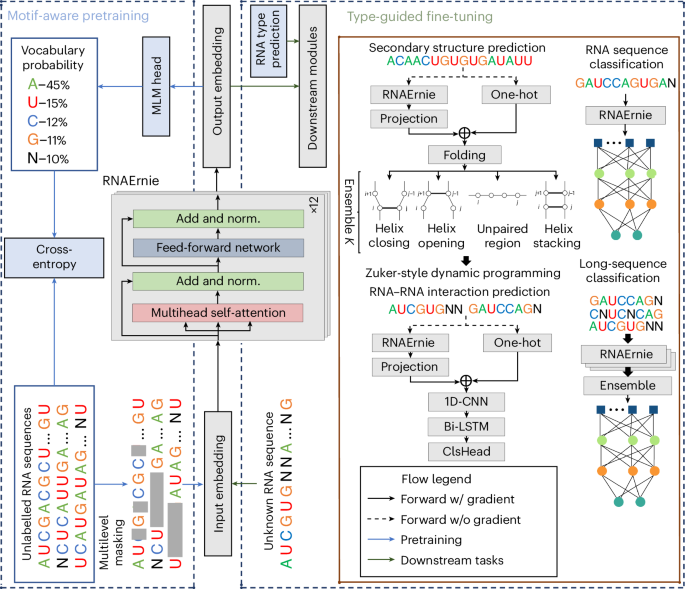
- Select a language for the TTS:
- UK English Female
- UK English Male
- US English Female
- US English Male
- Australian Female
- Australian Male
- Language selected: (auto detect) - EN
Play all audios:
NATIONAL DISABILITY CHARITY SENSE WARNED CUTS WILL SEE BENEFITS CLAIMANTS LOSE A WHOPPING £47 IN UNIVERSAL CREDIT A WEEK. 13:28, 21 May 2025Updated 13:29, 21 May 2025 The Department for Work
and Pensions could cut millions of people's Universal Credit by £47-a-week, according to campaigners. National disability charity Sense warned cuts will see benefits claimants lose a
whopping £47 in Universal Credit a week. Tom Marsland, the charity’s head of policy, said: “The Government is planning to cut £47-a-week of universal credit from disabled people who face
some of the greatest barriers to work. This is cruel and unfair, and we’re urging Liz Kendall to think again on this. “Almost half of disabled people with complex needs are already in debt
because their benefit payments don’t cover the essentials, and the Government’s own figures show these proposed reforms will push more people into poverty. READ MORE NEW UK PRIMARY SCHOOL
DINNER RULES WITH SOME STAPLES BEING 'BANNED' “We agree that the welfare system isn’t currently working for disabled people – but increasing the number of disabled people in
poverty will never be the solution.” Article continues below Citizens Advice chief executive, Dame Clare Moriarty, said: “Slashing vital support creates desperation, not opportunity. These
cuts fail to address why more people need health-related benefits in the first place and will simply shift costs to other public services. “The Government says it wants to help disabled
people into work, but cutting the money that many need to be independent isn’t the way to do it. "A misguided dash for short-term savings will push far too many deeper into poverty and
make problems harder and more expensive to solve in the long run.” Article continues below MS Society head of policy, Charlotte Gill, said: “Pip (personal independence payment) is a lifeline
for many of the 150,000 people living with MS in the UK. It helps manage the overwhelming extra costs of the condition – like visits from carers to help with things like washing and getting
ready for work. “Removing this support will result in people being forced to leave work, lose their independence, or even be pushed into poverty. Disabled people should not be forced to
shoulder the Government’s savings whether in or out of work. We urge them to rethink and abandon these devastating cuts.”





